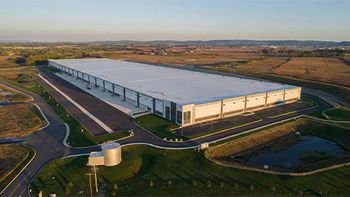
California realigns its facility inspection policies to lighten the load on drug establishments
Federal FDA inspections will now be accepted in lieu of the state's own
File it under “things we didn’t know but are relieved to see fixed”: California has been doing its own facility inspections of drug-development and manufacturing facilities, but due to a change just made in its public health law, the state will now accept documentation of federal FDA inspections that occurred within the most recent two-year period. Also, under certain conditions, the state will accept audits performed under ISO 9000 guidelines, which brings international standards for quality management into regulatory status equal to state or federal ones.
The just-passed bill,
Most states have licensure requirements for companies that manufacture or distribute drugs or medical devices; in recent years these rules have been updated and often require a manufacturer in any state to have a license to distribute within that state. At the same time, the ongoing FDA inspection program has been shown to fall disproportionately on domestic facilities—FDA inspects domestic facilities regularly, but is much less aggressive with facilities outside the US (even though they are supposed to meet the same standards). FDA is currently developing a
The revised Health and Safety Code of California’s Dept. of Public Health will still allow for inspections when “the department becomes aware of an issue” putting public health at risk, or when requested to do so by FDA.
Newsletter
Stay ahead in the life sciences industry with Pharmaceutical Commerce, the latest news, trends, and strategies in drug distribution, commercialization, and market access.




